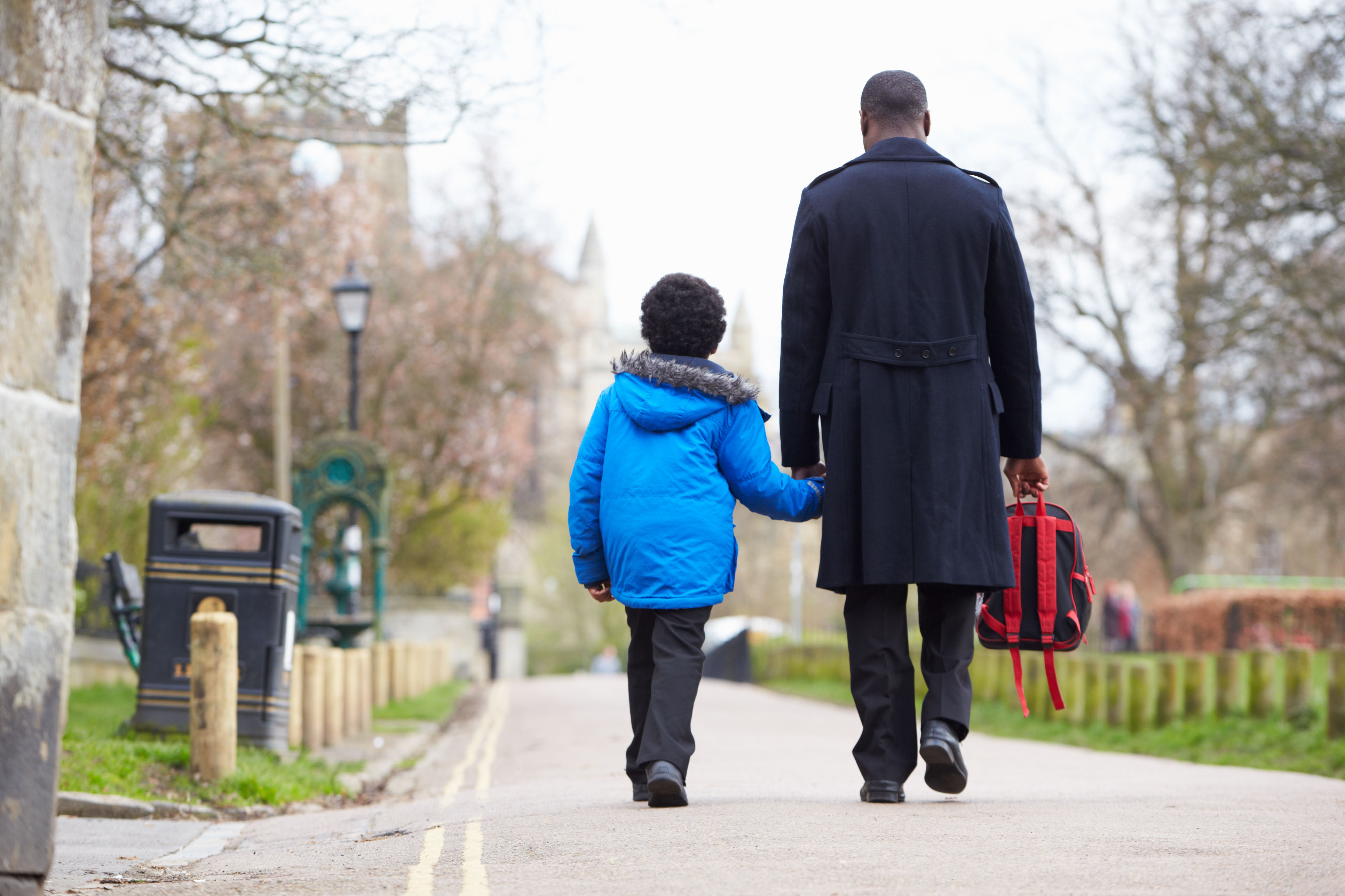This Father’s Day weekend will not be a celebration for every child in Michigan – thousands of children will spend Father’s Day far from their incarcerated fathers. Men comprise about 95 percent of Michigan’s nearly 40,000 incarcerated population.
Incarceration creates hardships to maintain family connections. People are often incarcerated far from home making family visits difficult. On top of the distance, the security procedures established at correctional facilities are intrusive and often deter spouses and children from visiting their loved ones.
The challenges do not end when a parent comes home; incarceration can cause lasting damage to families and can have long-term effects on children. A parent’s criminal record can also interfere with a family’s ability to generate sufficient income to survive even after the parent is released, and with their ability to find adequate housing.
For all of these reasons, having had an incarcerated parent is associated with negative outcomes in a child’s life. A child that has had an incarcerated parent is more likely to suffer from mental illness, to experience housing instability, to drop out of school, and to be incarcerated themselves. This is a huge problem in Michigan, where one in 10 children have had a parent in prison.
In Michigan, we need to reduce our over-reliance on incarceration and use community-based solutions with proven results to reduce crime. Local solutions, such as mental health courts, hold a person accountable while directing them to the services that they need.
On the Father’s Day, we remember incarcerated fathers and their children and strive to reform the systems that drive intergenerational cycles of poverty and incarceration.

